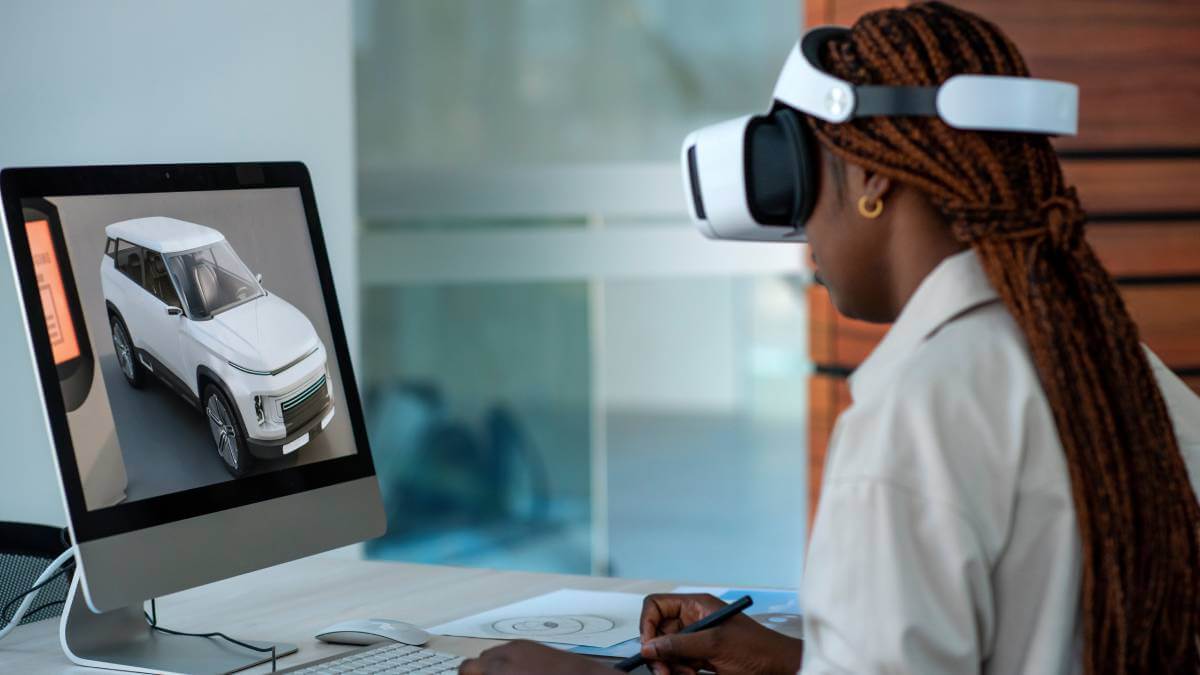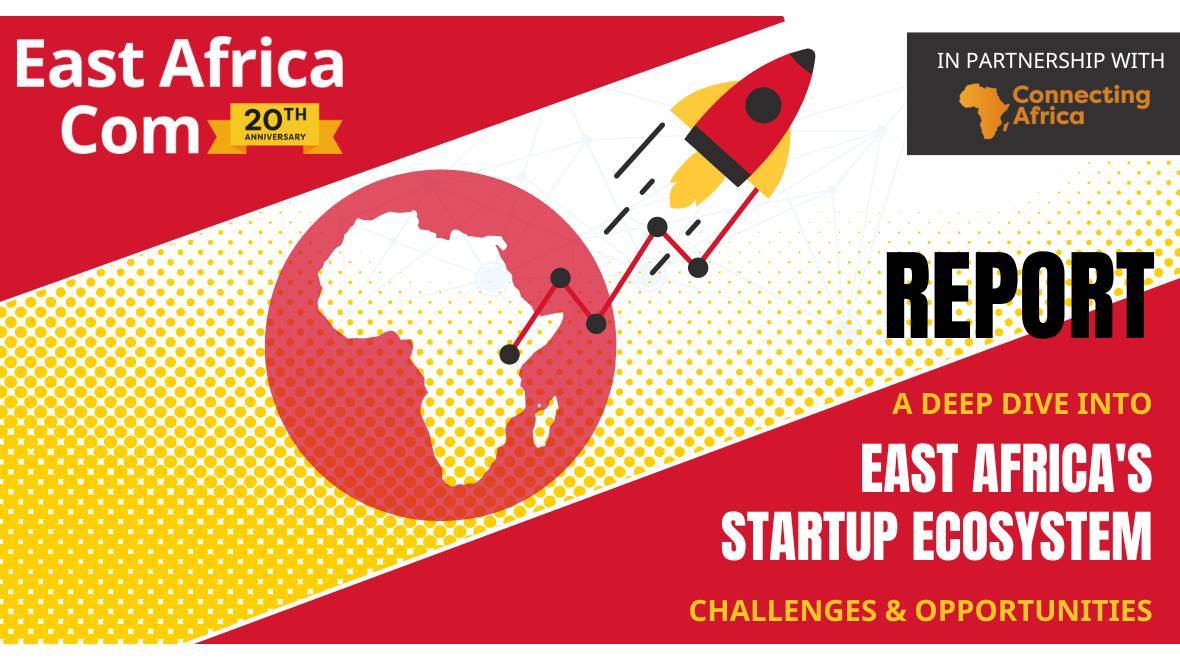Challenges and opportunities for women's tech careers

A new global survey carried out ahead of International Women's Day (IWD) today, March 8, 2023, held under the theme "DigitALL: Innovation and technology for gender equality," reveals that parity for women in technology-related positions and industries is still a way off.
The survey suggests that COVID-19 has had a major role to play in blocking women's advancement, along with a skills shortage, and that women are further hampered in their progression by a cost-of-living crisis and lack of access to funding.
The survey, entitled "A deep dive into challenges & opportunities for women's tech careers and women-led enterprises across Asia, Europe and Africa", attracted respondents from those three regions, with 45% of respondents who live and work in Africa, 38% based in Europe and 17% in Asia.
It was conducted by global tech event Africa Tech Festival and tech news portal Connecting Africa in conjunction with London Tech Week and Asia Tech X Singapore, and is part of a new annual benchmark survey mapping barriers faced by women in business, perceptions around why they cannot move forward, as well as potential solutions to bridging the equality divide.
Highlights
Challenges for women in tech
The survey found that over half (56%) of respondents believed that when it came to the recent pandemic and to economic challenges in general, it was women who missed out on work opportunities, were forced to scale down work and take time off to care for children, as well as undertaking more household chores.
Over 25% of the respondents believe women are more likely than men to have been denied access to financial support from governments, whilst a further 26% perceive women as shouldering most of the burden of childcare or care of other dependants in their households whilst juggling work responsibilities.
These compounded the challenges due to the increase of the cost-of-living, with a little over two thirds of European and Asian women respondents saying their employment situation was impacted by the cost-of-living crisis. However, that number increases to almost 81% for African women.
Working more than one job is increasingly commonplace – 15% revealed they used to be self-employed or own a business but have now taken another job whilst running their business on the side, with 21% of African respondents confirming they are now working two or more jobs, a greater proportion than their counterparts in Europe and Asia.
Whilst women still experience gender bias in the tech sector, overall, unemployment in the tech ecosystem was found to be less than other surveyed industry sectors, with just 2% of female tech workers across the three regions made redundant over the past 24 months. Around 12% of those respondents are now working full time when they used to be unemployed and a further 16% are now working full-time when they used to have part-time roles.
Meanwhile, 73% of women respondents across the three continents have seen their employment situation in the tech sector impacted by a lack of career development opportunities, with 32% revealing they had a pay cut and/or haven't received a promotion for more than 24 months, although this could be due to the pervading economic climate.
Lack of funding and support for women in tech
The survey shows that women are still a long way from achieving equality when it comes to obtaining funding.
Having a greater amount of women-focused business events and awards is perceived as one of the most powerful initiatives, which has helped women-led startups get better access to funding over the last 24 months. This is closely followed by more women in tech being championed in the press. African women, however, seem to struggle the most, with 19% saying it is now significantly more difficult to access funding.
Other factors that could lead to better support for women-led business and to encourage more women to enter the field, include the presence of more women-led venture capital funds and women-focused accelerator programs.
Underlining this, and on a continent that is increasingly reliant on the startup ecosystem for economic sustainability, Africa is where 41% of women struggle to launch a new business, whilst 68% of respondents believe skills shortages are the biggest obstacle to women entering the sector.

(Source: Image by Freepik)
Commenting on the situation in Africa, Connecting Africa Editor Paula Gilbert, said: "Africa is making strides towards more gender parity in the tech and telecoms industry but there is still a lot that needs to be done to have true equality in the sector. When it comes to investment, the proportion of funding going to female-founded and female-led startups in Africa, remains incredibly low and representation at a C-suite and board level remains skewed towards male leaders.
"We need to focus from the grassroots up and empower Africa's young women to follow paths into science, technology, engineering and mathematics [STEM] careers by providing better funding, access to skills programmes and mentorship opportunities. That said, there is no silver bullet to cure this problem – it needs to be approached on all sides to break down the biases that women face on a daily basis and break the cycle for the next generation," she added.
Solutions for better gender equity
Speaking to Gilbert's point, surveyed women would like to see better visibility and promotion of STEM career opportunities for women, to help more women break into and thrive in the tech industry. This would help achieve more gender equity with their male counterparts in the sector, as well as more equal pay between genders and better flexible work opportunities.

(Source: Image by master1305 on Freepik)
James Williams, director of events for Connecting Africa at Informa Tech, agrees women should be given more representation: "International Women's Day is an incredibly important date in our calendar at Africa Tech Festival. In recent years, many African nations have led the way in female representation and empowerment, from government through to enterprise sectors, but there's no doubt there is some way to go to achieve gender parity across tech and telecoms. That said, given the successes we witness at Africa Tech Festival each year, I truly believe it's an area Africa can lead the world in, and we are pleased to play our small part in making that happen."
Given that women bear the brunt of the parenting role and household care, women also believe that more support at work for parents and having flexible working hours and arrangements would help level the playing field.
This year's International Women's Day theme is "Innovation and technology for gender equality" and according to the survey 5G, 4G and mobile technology is perceived as the most important innovation over the last ten years. This has had the biggest impact on gender equality (28% of all respondents), with edtech being the number one innovation that African women say has helped them.
Download the full report here.
Related posts:
- Survey: Opportunities for Women in Tech
- Women in Tech: Spotlight on inclusivity with Digital Council Africa's Juanita Clark
- Women in Tech: Spotlight on legal tech with Life.file's Sinal Govender
- Women in Tech: MTN Rwanda CEO Mitwa Ng'ambi
- Connecting Africa Podcast: S1 Ep. 7 – Coding for diversity
*Top image source: Image by pch.vector on Freepik.
— The Staff, Connecting Africa










